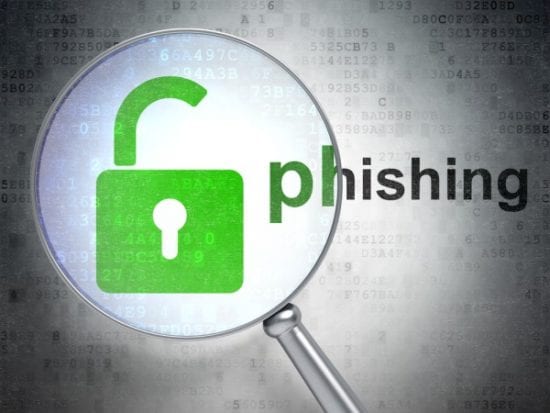It has been reported that security researchers have uncovered a sophisticated phishing campaign using tens of thousands of malicious domains to spread malware and generate advertising revenue. Dubbed “Fangxiao,” the group directs unsuspecting users to the domains via WhatsApp messages telling them they’ve won a prize, according to security vendor Cyjax. The phishing site landing pages apparently impersonate hundreds of well-known brands including Emirates, Unilever, Coca-Cola, McDonald’s and Knorr.
The opinions expressed in this post belongs to the individual contributors and do not necessarily reflect the views of Information Security Buzz.



